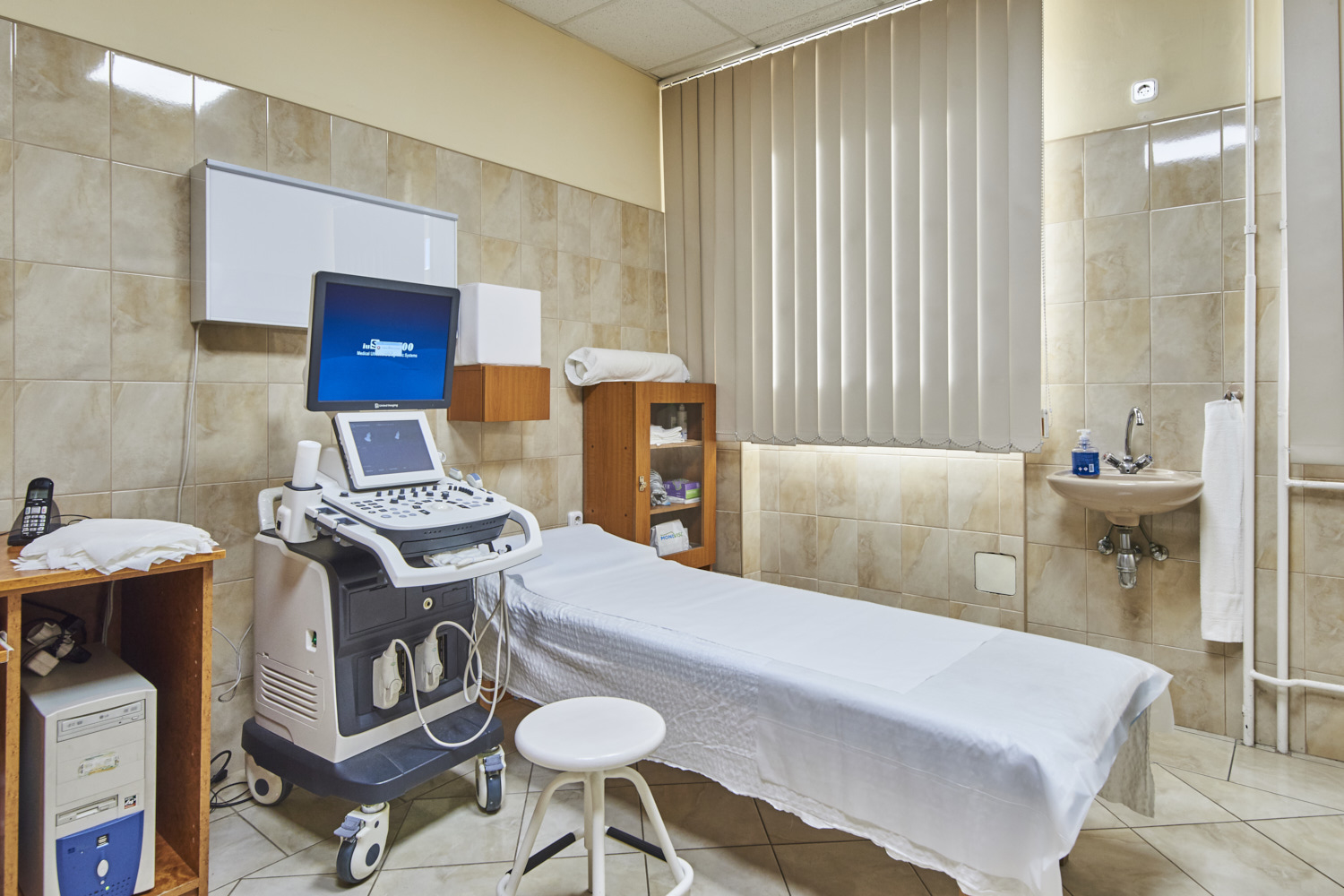Acid reflux or GERD occurs when the acidic or alkaline stomach contents flow back into the oesophagus, respiratory tract or oral cavity, thereby causing unpleasant complaints to the patient.
Detection and treatment of GERD is important, because it might lead to the development of numerous additional diseases (oesophageal-, gastric-, circulatory-, respiratory-, ENT-, dental damages)!
GERD can be considered as an endemic disease. Its symptoms can appear at any age, which are very unpleasant and greatly spoil the quality of life. (The most common cause of regurgitation and vomiting in babies is GERD disease; more than half of the adult population have suspected reflux symptoms.)
GERD disease is suspected if you experience the following complaints, symptoms periodically (or even permanently):
Detection and treatment of GERD is important, because it might lead to the development of numerous additional diseases (oesophageal-, gastric-, circulatory-, respiratory-, ENT-, dental damages)!
GERD can be considered as an endemic disease. Its symptoms can appear at any age, which are very unpleasant and greatly spoil the quality of life. (The most common cause of regurgitation and vomiting in babies is GERD disease; more than half of the adult population have suspected reflux symptoms.)
GERD disease is suspected if you experience the following complaints, symptoms periodically (or even permanently):
- heartburn, burning sensation in oesophagus and chest, acid backflow, acid regurgitation, hiccups, salivation
- hoarseness, laryngitis, chronic cough, sensation of lump in your throat, halitosis, sleep disorders, respiratory complaints, recurrent pneumonia (due to choking)
- in most severe cases: difficulty swallowing, painful swallowing, nausea, vomiting, anemia, weight loss, loss of appetite.
Ultrasound examination is an ideal method for investigation of the upper gastrointestinal tract. The existing GERD disease can be diagnosed with this method. In order to get a comprehensive result a detailed Ultrasound examination of abdomen and small pelvis is carried out at the same time.
The examination is painless and does not cause any discomfort.
Preparations:
Eating: please avoid eating for 5 hours before the examination.
Drinking:
– please drink four to five decilitres non-carbonated water for two to three hours before the examination (Drinking other liquid is PROHIBITED!)
– please avoid drinking anything for an hour before the examination!
In order to evaluate the examination full bladder is necessary so please avoid visiting bathroom for an hour before the examination.
The examination is painless and does not cause any discomfort.
Preparations:
Eating: please avoid eating for 5 hours before the examination.
Drinking:
– please drink four to five decilitres non-carbonated water for two to three hours before the examination (Drinking other liquid is PROHIBITED!)
– please avoid drinking anything for an hour before the examination!
In order to evaluate the examination full bladder is necessary so please avoid visiting bathroom for an hour before the examination.


